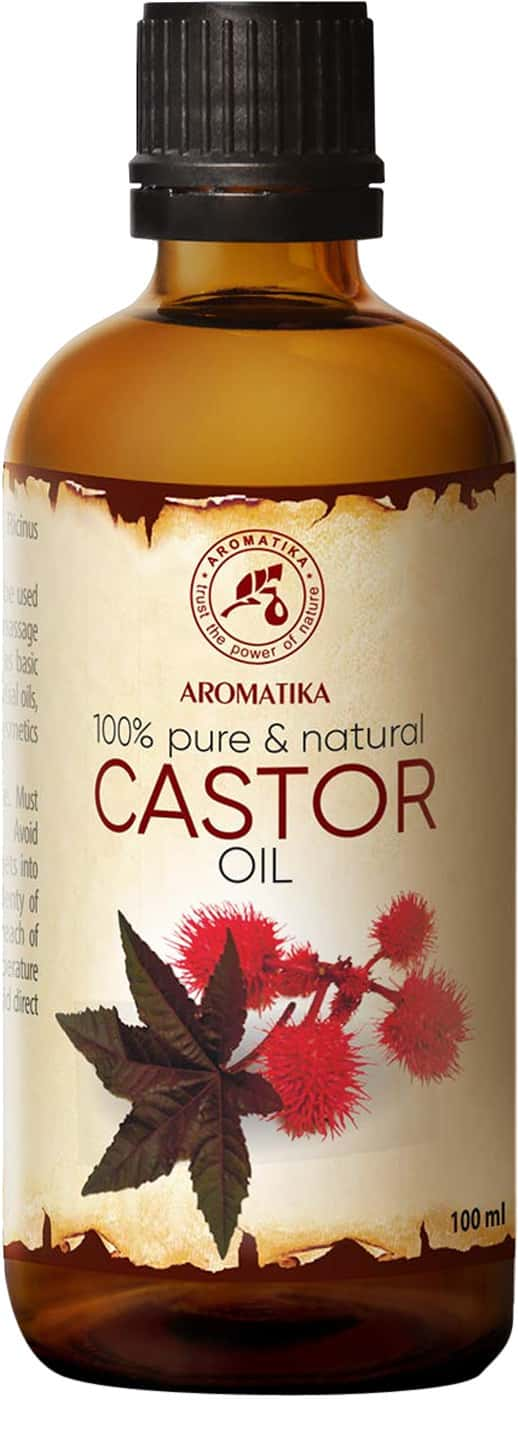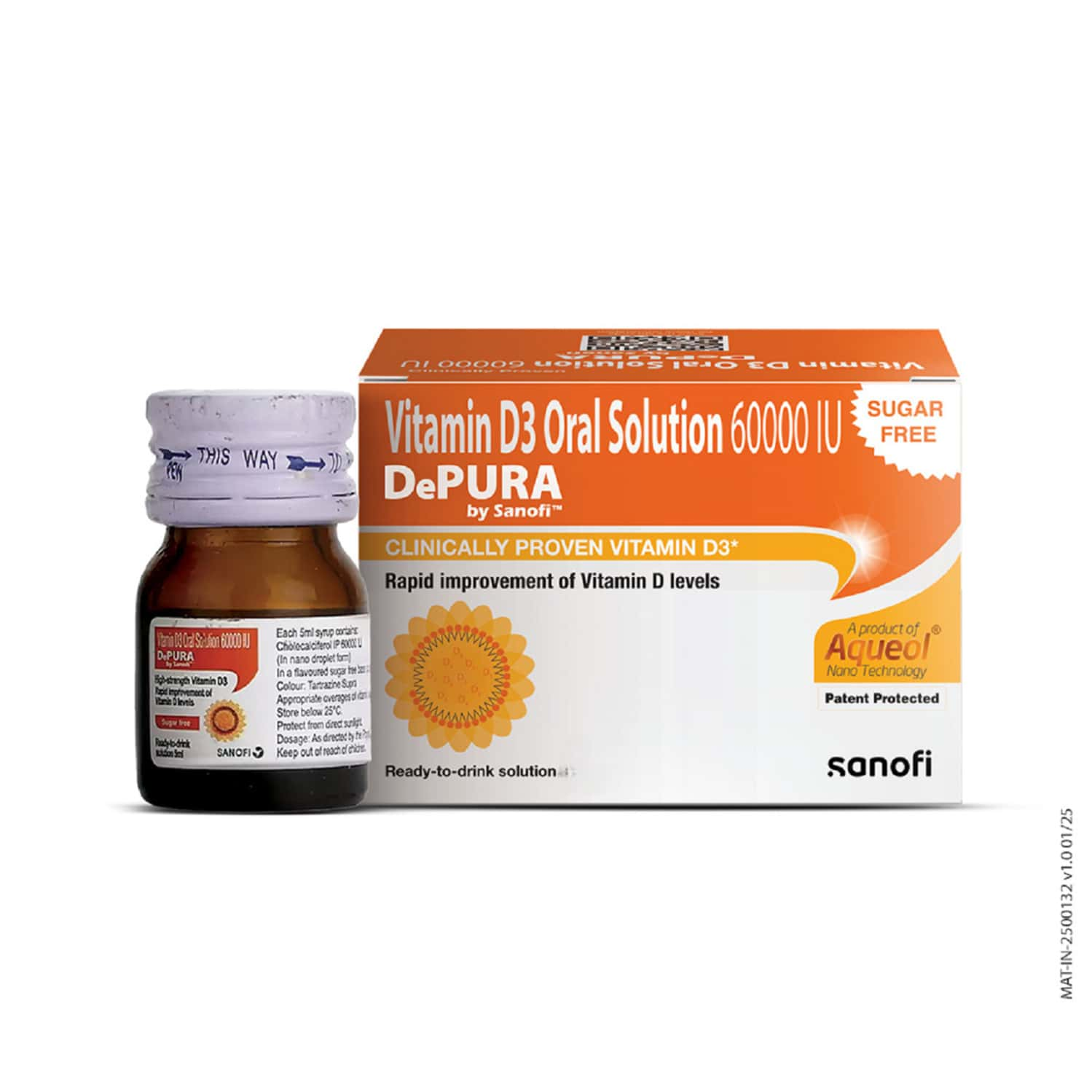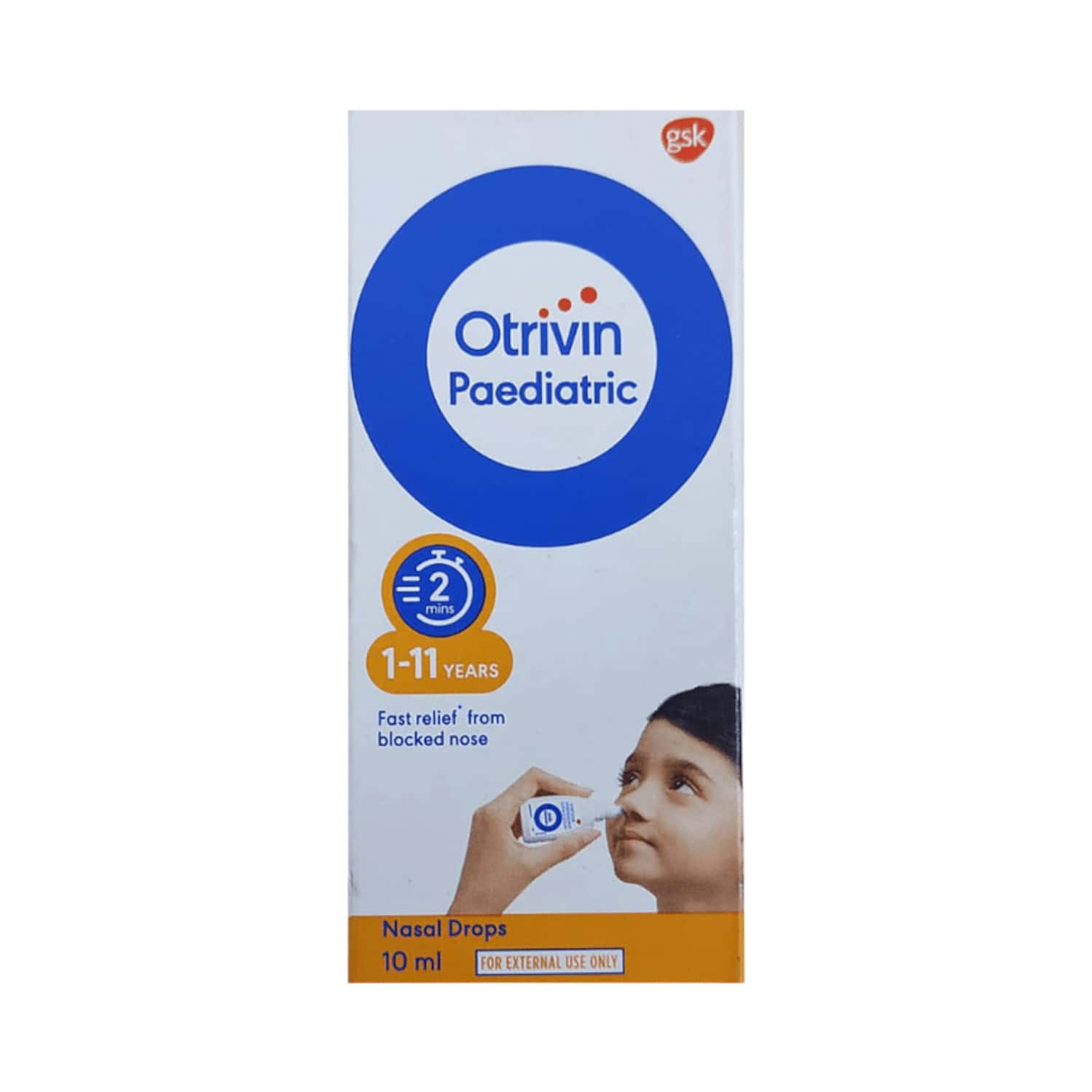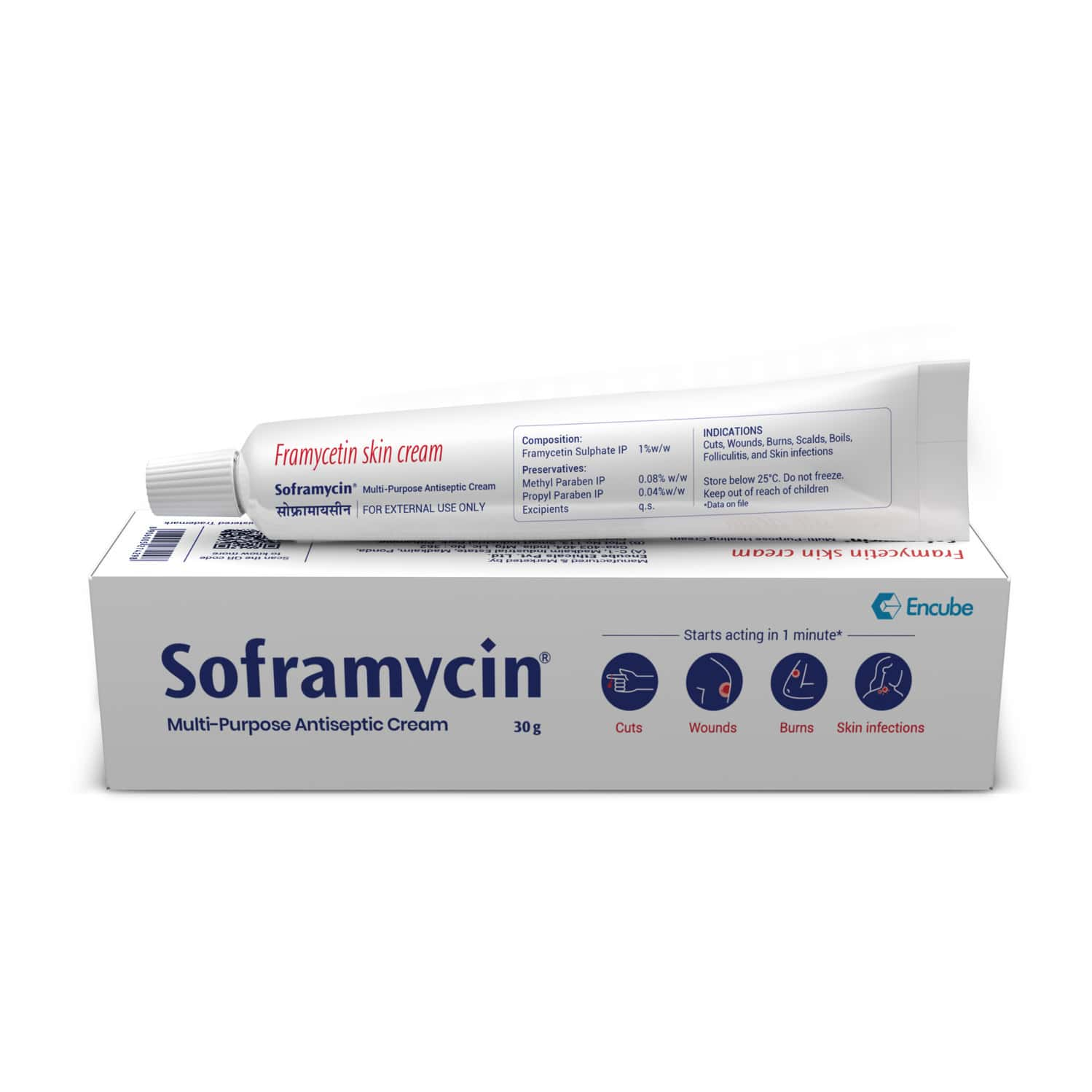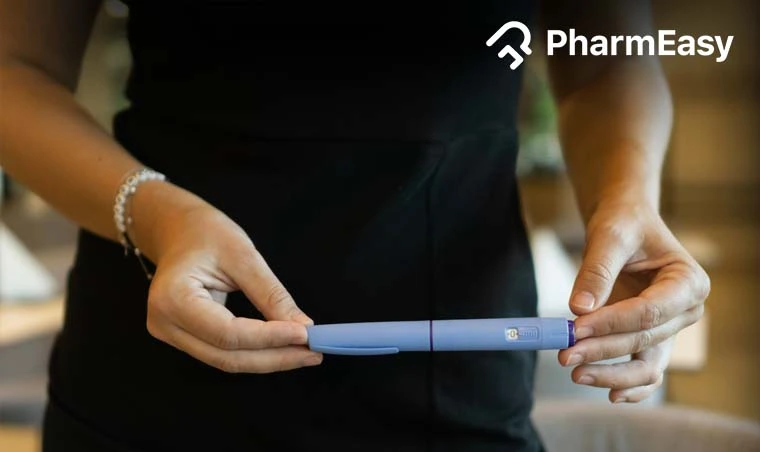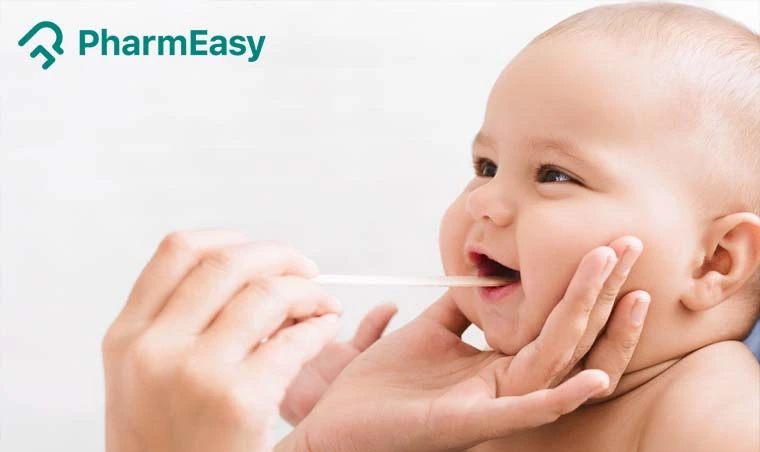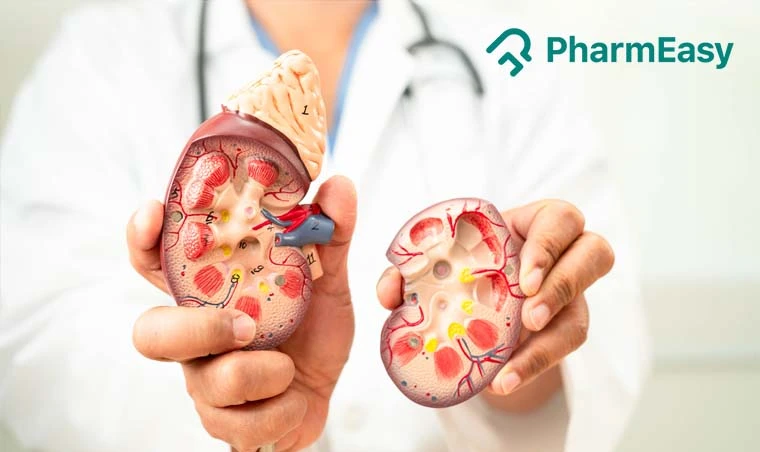Enterogermina Suspension 10 X 5 Ml
Description
Pharmacotherapeutic category: antidiarrhoeal microorganisms
Enterogermina® is a preparation consisting of a suspension of 4 spore strains (SIN, O/C, T, N/R) of Bacillus clausii, which naturally occur in the intestine and is non-pathogenic.
When administered orally, Bacillus clausii spores cross the barrier of the acidic gastric juice due to their high resistance to both chemical and physical agents, and reach the intestinal tract unharmed, where they are transformed into metabolically active vegetative cells.
Spores can survive heat and gastric acidity, by nature. In an in vitro validated model, Bacillus clausii spores were shown to survive in a simulated gastric environment (pH 1.4-1.5) up to 120 minutes (survival rate of 96%). In a model that simulates the intestinal environment (bile and pancreatin saline - pH 8), Bacillus clausii spores showed their ability to multiply further compared to the initial amount, in a statistically significant way (from 109 to 1012 CFU – Colony-Forming Units), starting from 240 minutes after incubation.
In a study conducted in 20 subjects, it was found that in humans, Bacillus Clausii spores persist in the intestine and can be found in faeces until 12 days after a single oral administration.
The administration of Enterogermina® helps to restore the intestinal microbial flora altered by dysmicrobism, also known as dysbiosis, resulting from antibiotic therapy and which may be associated with gastrointestinal symptoms, e.g. diarrhoea, abdominal pain and increased air in the intestine.
In two open-label, randomised, and controlled clinical studies, Enterogermina® was shown to reduce the duration of acute diarrhoea in children older than 6 months.
Taken during antibiotic treatment and 7 to 10 days thereafter, Enterogermina®®was shown to reduce the incidence of abdominal pain and diarrhoea associated with antibiotic treatment.
The following 2 main mechanisms contribute to the effect of Bacillus clausii in restoring the intestinal bacterial flora.
Growth Inhibition of Pathogenic Bacteria
The three B. clausii supposed mechanisms of action are: colonization of free ecological niches, which are made no longer available by the growth of other microorganisms; competition in adhesion to epithelial cells, which is particularly relevant for spores in the early and intermediate stages of germination; production of antibiotics and/or enzymes that are secreted within the intestinal environment. In an in vitro study, Bacillus clausii spores were shown to have antagonistic activity against Gram-positive bacteria - Staphylococcus aureus, Clostridium difficile, Enterococcus faecium - by producing bacteriocins and antibiotics such as clausin.
Immunomodulatory activity
Orally administered Bacillus clausii spores were shown to stimulate the production of Interferon-gamma and increase the CD4+ T Lymphocyte proliferation, in in vitro and in vivo murine models.
Bacillus clausii also showed the ability to produce several B vitamins, helping to correct vitamin deficiencies in the body resulting from an imbalance in the intestinal bacterial flora.
Furthermore, the high level of artificially induced heterologous resistance to antibiotics makes it possible to create the therapeutic conditions to prevent alteration of the intestinal microbial flora following the selective action of antibiotics, especially those with a broad spectrum of action, or to restore it.
Given this antibiotic resistance, Enterogermina® may be administered in between two subsequent administrations of antibiotics.
Antibiotic resistance refers to: penicillins, if not in combination with beta-lactamase inhibitors, cephalosporins (mostly with partial resistance), tetracyclines, macrolides, aminoglycosides (except for gentamicin and amikacin), chloramphenicol, thiamphenicol, lincomycin, clindamycin, isoniazid, cycloserine, novobiocin, rifampicin, nalidixic acid and pipemidic acid (intermediate resistance), metronidazole.
Ingredients
Composition
One 5 ml mini bottle contains spores of polyantibiotic-resistant Bacillus clausii - 2 billion (strains: O/C, N/R, SIN and T)
Pharmaceutical Form
Oral suspension
How to Use
Shake the mini bottle before use. After the mini bottle has been opened, the preparation should be taken shortly to avoid any contamination of the suspension.
For oral use only. Do not inject.
Take it as per your doctor's advice
Side Effects
Hypersensitivity to the active substance or to any of the excipients.
Severe anaphylactic reactions, such as anaphylactic shock, have occurred with the incorrect route of administration.
Any presence of visible corpuscles in the mini bottles of Enterogermina® is due to aggregates of Bacillus clausii spores; it does not, therefore, suggest that the product has been altered.
There have been reports of bacteremia, septicemia or sepsis in patients taking Bacillus clausii who are immunocompromised or are hospitalised due to a serious illness. Enterogermina® should be used in these patients only if the potential benefits outweigh the potential risks.
During treatment with antibiotics, it is recommended that the preparation be administered between antibiotic doses.
It can interact with other medications, so consult you doctor before taking this.
Manufactured by:
Opella Healthcare Italy s.r.l., Viale Europa, 11 - 21040 - Origgio (VA) – Italy
Importer:
Sanofi Healthcare India Private Limited, Gala No. 4, Ground Floor, Building No. B1, Citylink Warehousing Complex, S No.121/10/A,121/10/B & 69, NH3, Vadape. Tal: Bhiwandi - 16(Thane Z5) Pin :421302.
Blog Articles
Chronic Condition Articles
Top-Tests we cover:
Top-Selling Healthcare Products:
Top-Selling Medicines:
Top-Searched Medicines:
Top Searched Vaccines:











